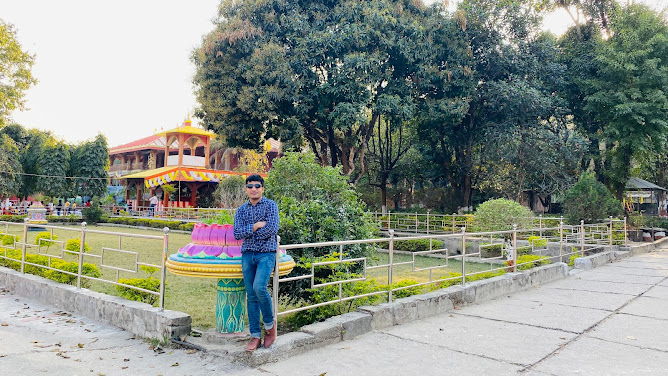In the midst of the ever-looming "Alarm of Food Crisis" a disconcerting trend has begun to take shape, shaking the foundations of sustainable living. It is a trend that sees people, in pursuit of modern comforts and luxurious lifestyles, turning away from the traditional fabric of village agriculture and flocking to urban centers. The allure of urban living, coupled with the prevailing view of it as a symbol of progress, has contributed to the gradual erosion of a once-steadfast connection to the land and its agricultural roots. This shift has led to a gradual abandonment of the traditional farming way of life, with more and more individuals relocating to urban areas. This phenomenon raises questions about the sustainability of such a pattern.
In parallel, a disheartening shift has emerged within families, as parents increasingly shy away from passing down the age-old wisdom of farming to their children. This generational gap in knowledge transmission threatens not only the survival of agricultural traditions but also the very essence of self-sufficiency. The distancing of parents from involving their children in farming reflects a broader societal shift away from valuing and appreciating this essential occupation. As farming knowledge becomes a forgotten language, the intricate dance between humans and the land becomes strained, raising questions about our ability to provide for ourselves in the face of the mounting food crisis.
Furthermore, a distressing trend has emerged among educated individuals who harbor disdainful views towards farming as a viable profession. This derogatory perception overlooks the critical role that agriculture plays in ensuring food security and sustenance for communities and nations. The irony of such attitudes lies in their ignorance of the fact that the food on their tables and the life they lead are intrinsically intertwined with the laborious toil of farmers who cultivate the land. If they do not respect the agricultural profession, then what will they eat when the farming culture becomes extinct? Will they resort to consuming stone or sand? This underscores the pressing need to address this disconnection from the very roots of sustenance. Because if these trends continue, there is a growing concern about the long-term consequences on food production, livelihoods, and the overall well-being of societies.
In light of these developments, the need for a transformative shift in our collective mindset becomes increasingly evident. Amidst the growing din of the food crisis alarm, a clarion call echoes - a call for everyone to embrace agriculture not merely as a vocation but as a way of life, a way that harkens back to our origins and strengthens the bond between humans and the earth. To ensure food security, we must encourage a cultural revival that holds farming in high regard, celebrating it as a noble pursuit. Touching the soil and nurturing plants must be revered as acts that harmonize the lives of people with the natural world, rather than being relegated to the margins of our consciousness.
By adopting agriculture proudly and with a sense of purpose, we take strides towards dismantling the resounding ring of the food crisis alarm. We sow the seeds of resilience, self-sufficiency, and community, creating a tapestry where every individual plays a role in safeguarding our sustenance. Let us heed this call and cultivate a future where the song of bountiful harvests drowns out the echoes of impending scarcity.
Let's pause, reflect, and recalibrate our course, redirecting our focus back to the realm of Farming, guided by the potent Vedic verse - 'कृषी मुलस्च जीवनम्' (Krishi Mulasch Jeevanam), and the poignant adage 'उत्तम खेती, मध्ययम व्यापार, कमसल जागीर' (Uttam Kheti, Madhyam Vyapar, Kamsal Jaagir); which serve as beacons urging us to rekindle the flame of the Farming profession once again."












